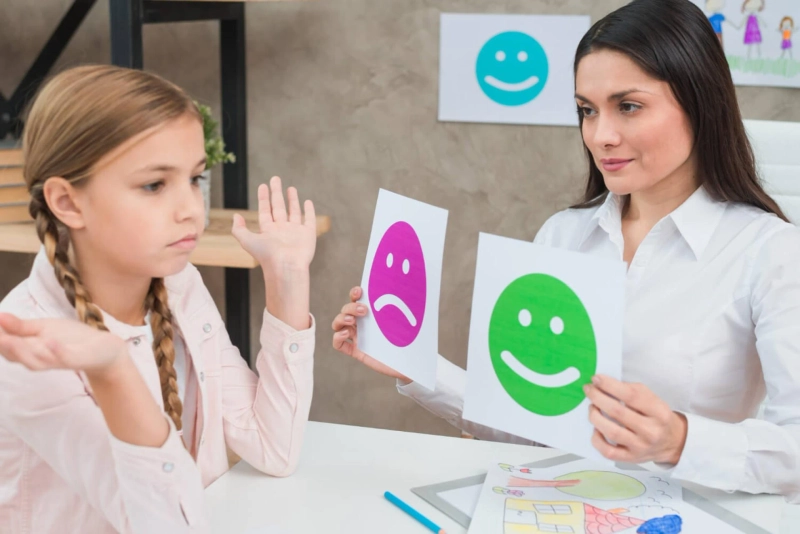Social-emotional learning (SEL) is essential to a child’s education, yet it is often overlooked or misunderstood. SEL entails developing skills and attitudes necessary for success in academic and personal endeavours.
It includes self-awareness, self-management, social awareness, relationship skills, and responsible decision-making. This blog post will discuss social-emotional learning, why it is crucial, how to apply it to your life and those around you, and more.
Defining Social-Emotional Learning
Social-emotional learning (SEL) effectively applies the attitudes, skills, and knowledge necessary to manage emotions, set positive goals, show empathy for people around them, maintain healthy relationships and make informed decisions. It is a critical aspect of successful learning for students of all ages that starts developing in children from primary school.
SEL encompasses five competencies. These are self-management, relationship skills, social awareness, self-awareness, and responsible decision-making. Kids can develop these competencies through interactions with family members, peers, teachers, and other adults in the school setting.
SEL is about developing a sense of self-efficacy, a belief in one’s capacity to succeed in any given situation. Students with this sense of efficacy are more likely to take risks, persevere under challenging tasks, solve problems effectively, handle stress better, and make healthier decisions.
The Importance of Social-Emotional Learning
SEL is essential because it helps children develop necessary life skills and a sense of self-awareness, self-control, and empathy. Students can work cooperatively and make responsible decisions when they learn these skills.
SEL can help foster an environment of safety, respect, and trust. By teaching students these skills, teachers can create a classroom atmosphere where students feel comfortable expressing themselves, leading to higher academic performance.
Studies have also shown that students who participate in SEL activities experience greater social-emotional growth, improved academic achievement, and better mental health overall.
The Five Core Competencies of Social-Emotional Learning
Social-emotional learning (SEL) is an integral part of our education system. It helps students learn the skills they need to develop healthy relationships and succeed.
Below are the five core competencies of social-emotional learning:
Self-Awareness: Self-awareness is the ability to recognize one’s emotions and thoughts and understand their impact on others. Self-awareness is about awareness of one’s strengths and weaknesses, values, attitudes, and biases. Students can develop self-awareness through reflection, mindfulness activities, and journaling.
Self-Management: Self-management is regulating one’s emotions, impulses, and behaviour. It involves setting goals, making plans to achieve them, and managing stress healthily. Students can learn self-management skills through time management strategies, problem-solving activities, and practising self-care.
Social Awareness: Social awareness refers to the ability to consider the perspectives of others. It involves recognizing and understanding the emotions of others, developing empathy, and appreciating diversity. Students can learn social awareness through active listening exercises, role-playing activities, and group discussions.
Relationship Skills: Relationship skills involve communication, collaboration, conflict resolution, expressing oneself effectively, negotiating differences, and building positive relationships. Students can learn relationship skills through effective communication exercises, cooperative learning activities, and respectful dialogue.
Responsible Decision-Making: Responsible decision-making is making sound decisions based on ethical considerations, considering the long-term consequences of choices and making informed decisions that are respectful of others. Students can learn responsible decision-making through activities, simulations, and peer mentoring.
Conclusion
Social-Emotional Learning (SEL) is vital to understand and implement to create a safe, positive, and successful learning environment. Social Emotional Learning is a set of competencies enabling students to recognize, express, and manage emotions, set goals, show empathy, establish relationships, and make responsible decisions, making them an integral part of the curriculum of top schools in Riyadh.


